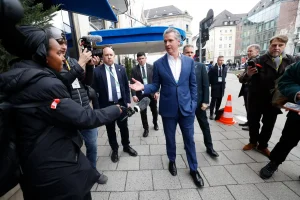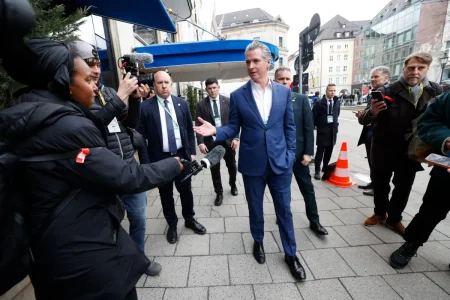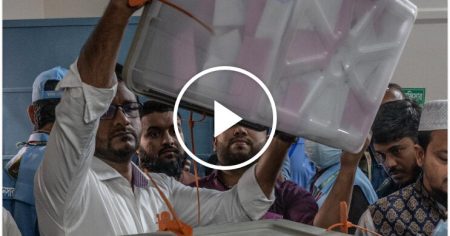Israeli Hostages: Stories of Hope Amid Ongoing Prisoner Exchange
In a significant development in the Israel-Hamas conflict, Israel has announced that 20 living hostages are scheduled for release as part of a prisoner exchange agreement, along with the remains of those who tragically lost their lives in captivity. This humanitarian breakthrough comes after intense negotiations and represents a glimmer of hope for families who have endured months of anguish and uncertainty. Each of these hostages carries a unique story – ordinary people caught in extraordinary circumstances, their lives forever altered by the events that led to their capture and the time spent in captivity.
The hostages represent a diverse cross-section of Israeli society – young and old, men and women, civilians and military personnel. Among them are parents separated from their children, young adults whose futures were abruptly interrupted, and elderly individuals with health concerns that have worried their families throughout their captivity. Some were taken from their homes during surprise attacks, others while attending public events or serving their military duties. Their collective experience highlights the human toll of the conflict that extends far beyond political and military considerations, touching the lives of families and communities who have maintained vigils, organized support groups, and campaigned tirelessly for their loved ones’ return.
The psychological impact on these hostages cannot be overstated. Many have endured traumatic conditions during their captivity – isolation, uncertainty, fear, and in some cases, inadequate medical care. Mental health experts anticipate that their recovery will involve complex and long-term support, as they process their experiences and attempt to reintegrate into their previously normal lives. For those whose remains will be returned, their families face the painful closure of mourning loved ones who did not survive, transitioning from hope for reunion to the reality of loss and the process of grief. The contrast between these outcomes underscores both the fragility of human life in conflict zones and the resilience of those who endure such extreme circumstances.
The prisoner exchange itself represents a delicate diplomatic achievement, involving multiple international mediators and complex negotiations between parties with deep historical animosities. Such exchanges are fraught with moral and practical challenges – determining who will be released, in what order, and under what conditions. They raise questions about the value placed on human lives and the difficult calculations governments must make when weighing the immediate relief of returning hostages against broader strategic concerns. For the Israeli government, the decision to exchange prisoners reflects the profound cultural and societal commitment to recovering citizens held captive, a principle deeply embedded in national identity and military doctrine.
The families awaiting reunions have described an emotional rollercoaster of hope and despair. Many have become reluctant public figures, sharing personal stories and photographs to keep their loved ones in public consciousness. They’ve formed support networks with other families in similar situations, finding strength in collective advocacy and shared understanding. Some have been critical of government efforts, others steadfastly supportive, but all have demonstrated remarkable courage in navigating this unimaginable situation. The anticipated reunions will be bittersweet – joyful for those receiving living relatives but tempered by awareness of the trauma experienced and the knowledge that other families will be receiving only remains.
As this exchange proceeds, it occurs against the backdrop of a wider conflict with no immediate resolution in sight. The return of these hostages and remains represents a humanitarian milestone but not an end to the broader tensions that led to their capture. For Israeli society, the homecoming of these individuals will likely trigger complex national emotions – relief and celebration mixed with mourning for those lost and continued concern for any who remain in captivity. The stories of these hostages – their capture, captivity, and now their return – have become interwoven with larger narratives about security, peace prospects, and the human cost of ongoing conflict in the region. Their experiences remind us that behind every headline about international relations and strategic interests are individual lives forever changed by forces beyond their control.










